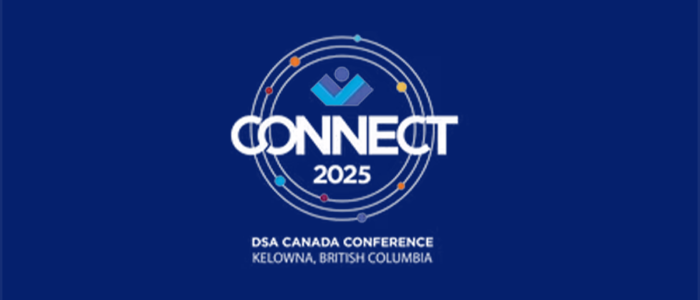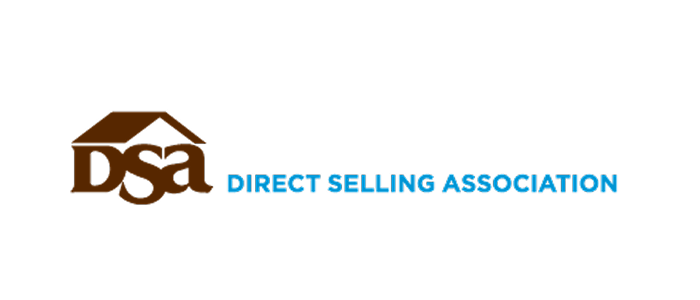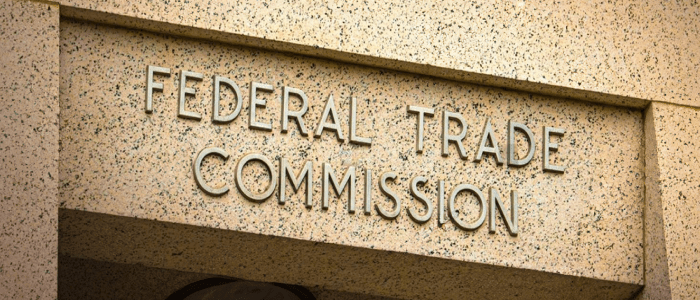
DSA Canada honors innovators and achievers in Connect 2025
The Direct Sellers Association of Canada hosted its annual conference, Connect 2025, from June 22nd to 25th in Kelowna, British Columbia. A week-long event concluded with insightful group discussions and an award ceremony.
In the Grand Award Gala, DSA Canada honored achievements of direct sellers and companies in various categories.

Shaklee received the “Industry Innovation Award” for its Landmark Study advancing health product credibility.

“Making a Difference Award” was given to She’s Got Leggz for supporting Canadian families through its “For the Cause” campaign.

Infotrax was recognized in the “Partnership in Progress” category for its commendable technological partnerships within the industry.

Award in the “Distinguished Services” category was received by Darla Brown (Strategic Incentive Solutions) and Dave Siembieda (Bloo Kanoo) for lifetime leadership and industry support.

Housni Ammor was honored with “DSEF Circle of Distinction” award for his ongoing leadership in education with DSEF Canada.
“This is more than a conference. It’s a commitment to the future. One where we innovate with purpose, lead with clarity, and stay anchored in the trust that defines who we are,” commented Peter Maddox, President of DSA Canada.

Nine direct selling companies led up to Happi’s Top 50 list
Direct selling companies secured nine prominent positions in the Top 50 list of Happi, household and personal products publication, this year. The list ranks largest US-based companies based on their sales.
Popular direct selling companies in the US who secured their place in the list are
- #13 – Amway
- #14 – Mary Kay
- #17 – Young Living
- #18 – Rodan + Fields
- #26 – Neora
- #27 – Melaleuca
- #33 – Alcora (MONAT)
- #37 – Nu Skin
- #39 – Scentsy
Happi has been publishing the Top 50 list every year since 1978. Many international brands consistently maintain their positions on the list year after year.

Direct Selling Association stresses on data-led rule making
In a recent panel discussion hosted by the American Enterprise Institute (AEI) on the topic The FTC at the Crossroads: The Path Forward for Competition and Consumer Protection, DSA CEO Dave Grimaldi ascertained the need for data-led rule making. Many FTC leaders were present at the discussion where Grimaldi stressed the importance on prioritizing data for rule making which will benefit both companies and customers.
Grimaldi also expressed the industry’s deepest concerns related to the Delaware House Bill 162. DSA had called it “a blanket regulation that would punish legitimate businesses and entrepreneurs across the state”.
DSA in its statement said, “As the FTC evaluates the future of the earnings claims rule, DSA will continue to advocate for clear, fair standards that protect consumers without penalizing the millions of Americans building businesses the right way.”

A mid-year poll reflects the growth rate of direct selling industry in 2025
Direct Selling News ran a poll to measure year-over-year (YoY) revenue performance in the industry in the first half of 2025. It uncovered interesting insights into the performance and growth of the channel this year.
The poll included 100 companies that generate at least $50 million in Annual Revenue Run Rate (ARR) in North America. It excluded companies in the financial services and real estate sector and the revenue comparison was completely based on global revenue.
The poll revealed that a minimum of 2% year-over-year growth rate was recorded by 50% of the companies among which 22.5% reported revenue growth of over 20%. The companies that fell flat on growth constituted 12.5% and 37.5% recorded declines of 2% or more.
DSN expresses content over the fact that the number of companies that experienced improvement this time is higher than January 2024 poll.

Click-to-Cancel rule by FTC blocked in court
The US Court of Appeals stopped the Click-to-Cancel rule that FTC tried bringing into effect to help with customers’ concerns in subscription-based services. The Eighth Circuit Court of Appeals noted that FTC does not have powers to reinforce rules without following proper legal procedures.
The rule was intended to help consumers easily cancel subscriptions and stop recurring charges. It demanded simple cancellation options from the companies and not to put customers’ call on long wait to prevent cancellations.
FTC introduced the rule to address thousands of customer complaints on deceptive subscription practices. The court agreed that unfair marketing practices should be stopped but they also noted that FTC cannot enforce such sweeping changes without clear authority from the Congress.

